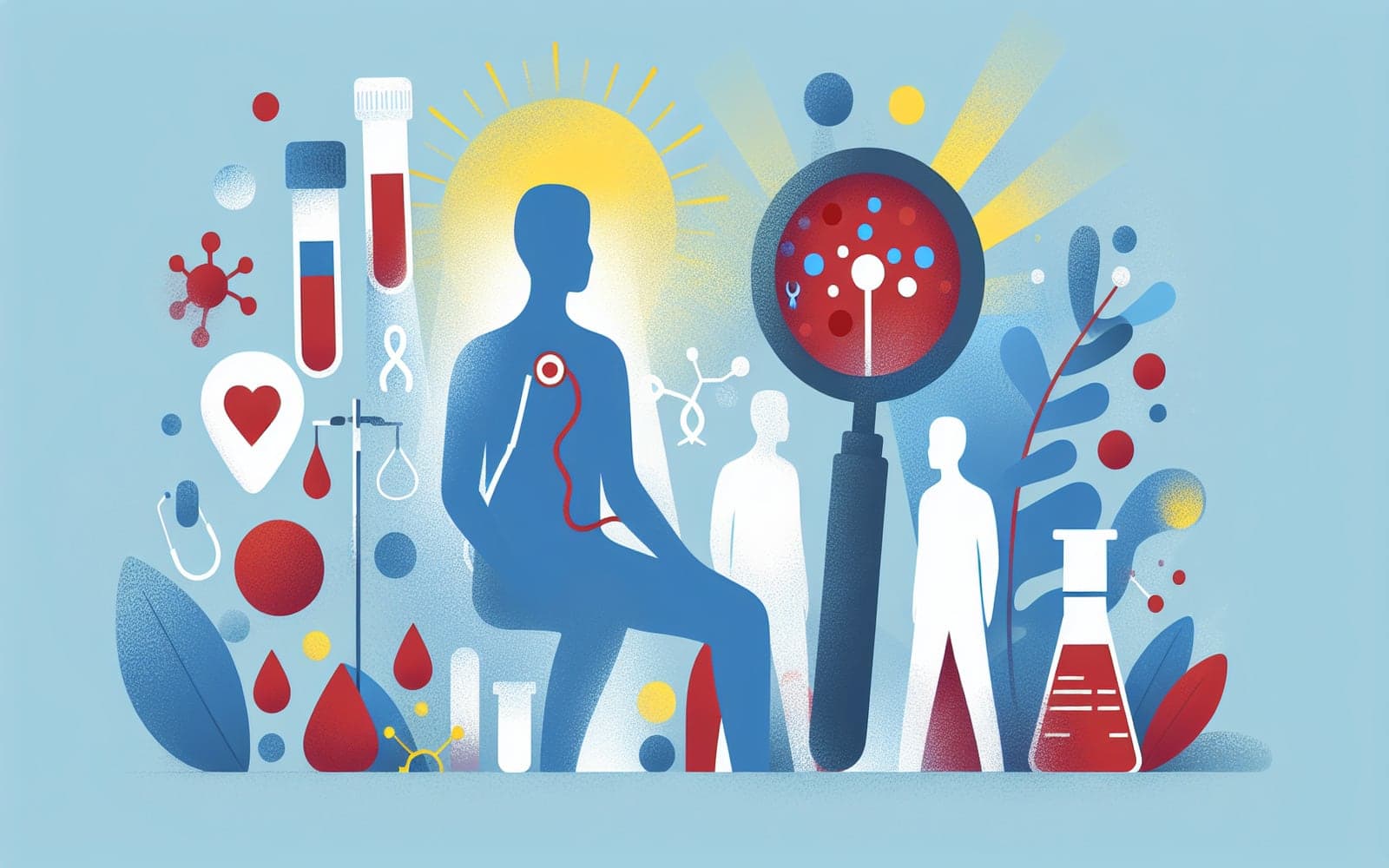Unveiling Jaundice: The Tests You Need to Know!
Published: May 11, 2024
Spotting jaundice early can make a huge difference, and it all starts with the right tests. Let's explore the essential tests that help diagnose jaundice effectively.
Contents
Bilirubin Blood Test
The bilirubin blood test measures the levels of bilirubin in your blood, helping to identify jaundice. High levels of bilirubin indicate that the liver might not be processing it properly. This test is crucial in distinguishing between unconjugated and conjugated hyperbilirubinemia, guiding further diagnosis and treatment.
Liver Function Tests
Liver function tests (LFTs) assess the health of your liver by measuring enzymes and proteins in the blood. These tests can indicate liver damage or disease, conditions often associated with jaundice. LFTs help doctors understand the extent of liver impairment and tailor specific treatments accordingly.

Imaging Tests
Imaging tests like ultrasounds or CT scans can help visualize the liver and bile ducts. These tests can detect blockages or abnormalities contributing to jaundice. They are vital in diagnosing structural problems that might be causing the symptoms.
Frequently Asked Questions
It's a blood test measuring bilirubin levels to assess jaundice.
They evaluate liver health and detect conditions causing jaundice.
They help find structural issues like blockages in the liver or bile ducts.
Key Takeaways
Early testing is key to diagnosing and treating jaundice effectively.
Need more insights on testing? Reach out to Doctronic for a deep dive into jaundice tests!Related Articles
References
Donner MG, Keppler D. Up-regulation of basolateral multidrug resistance protein 3 (Mrp3) in cholestatic rat liver. Hepatology 2001; 34:351.
Always discuss health information with your healthcare provider.

